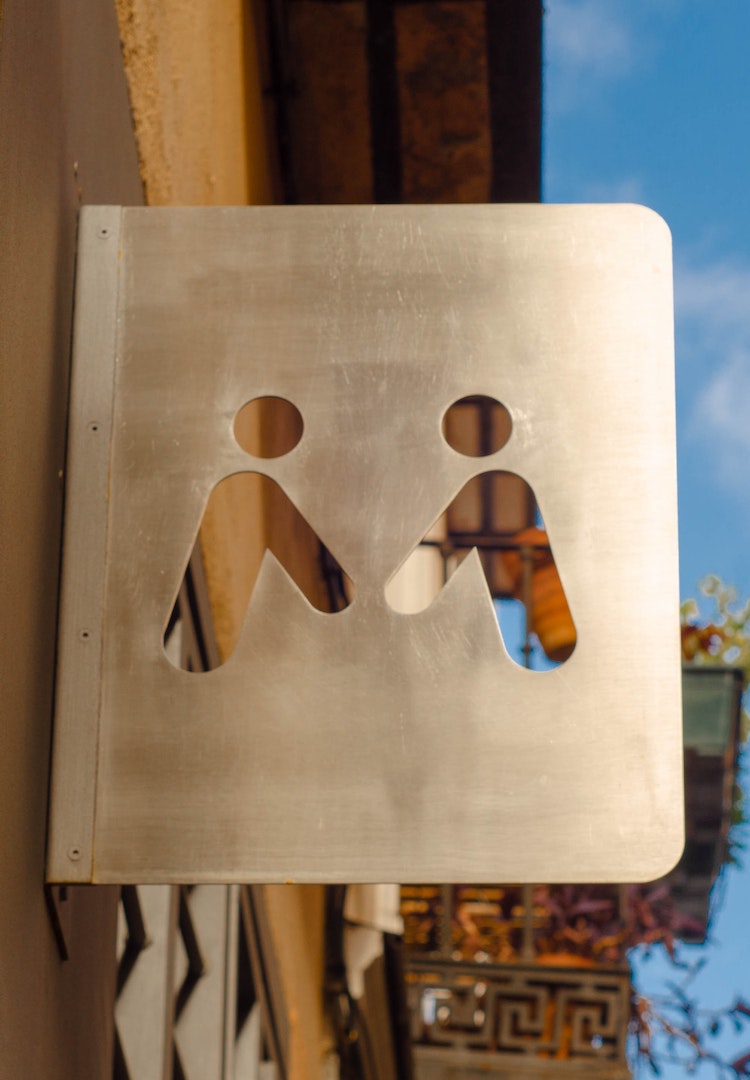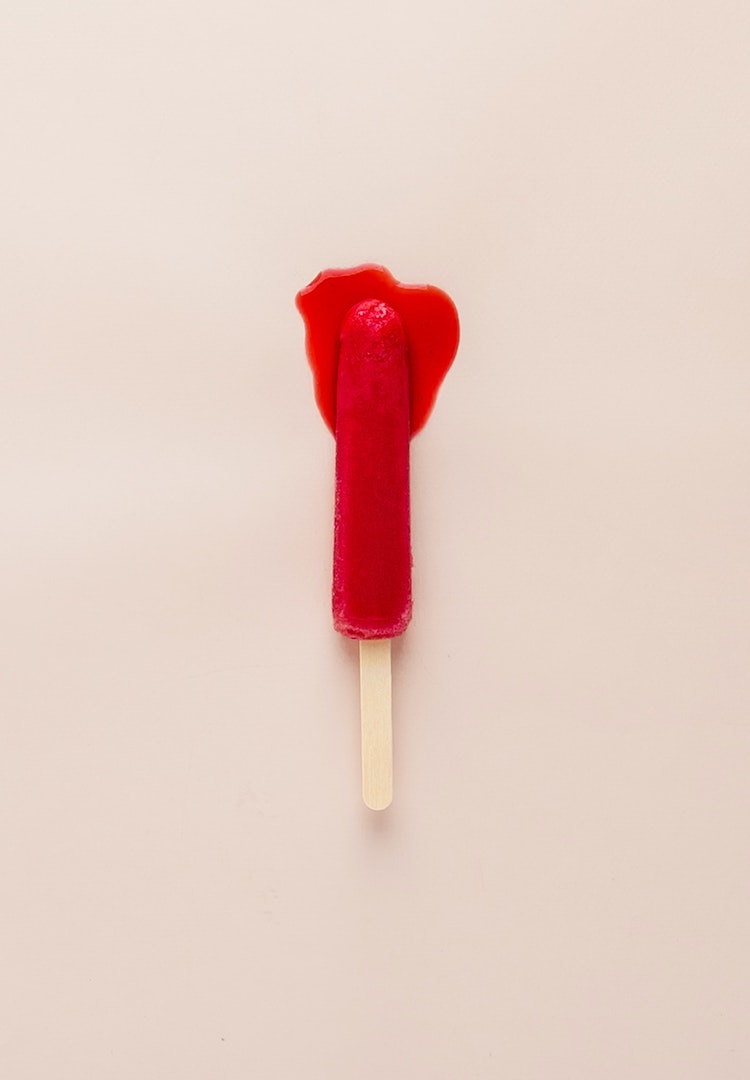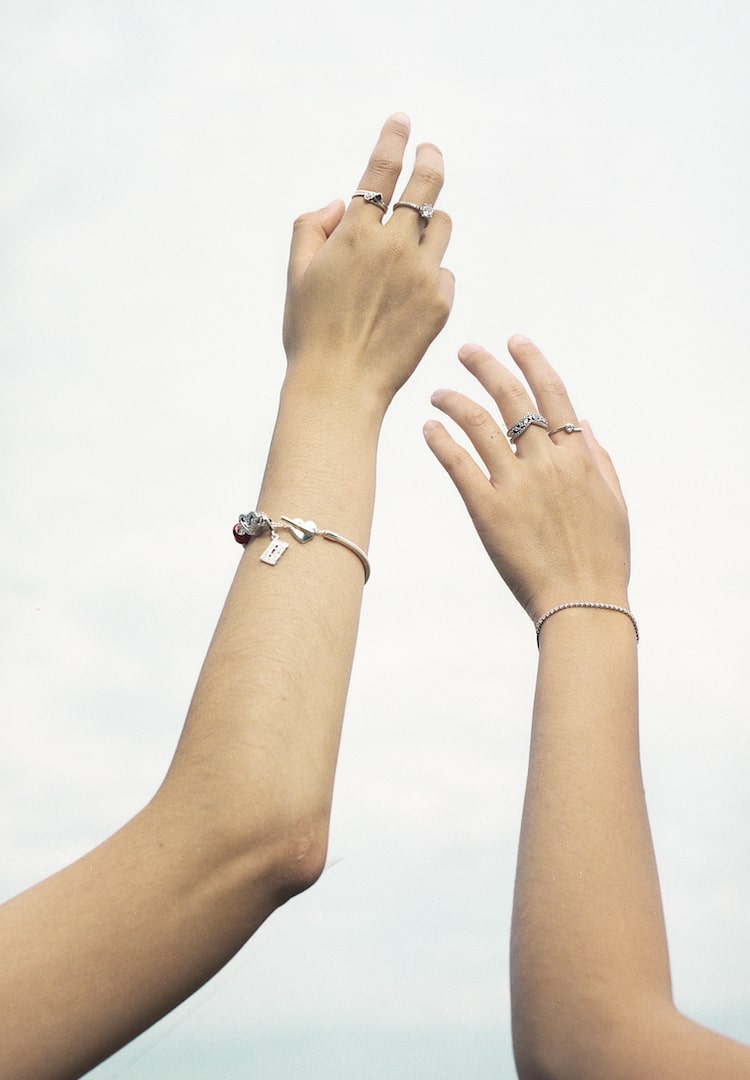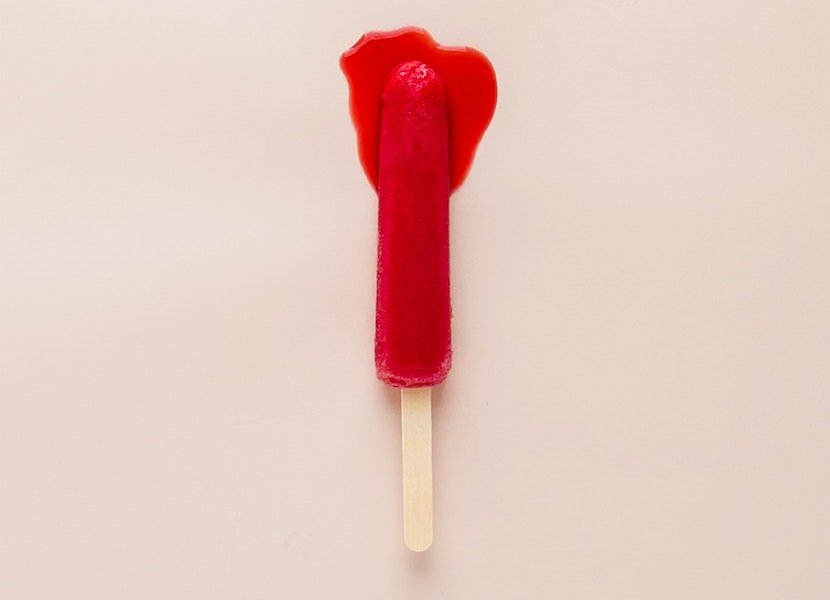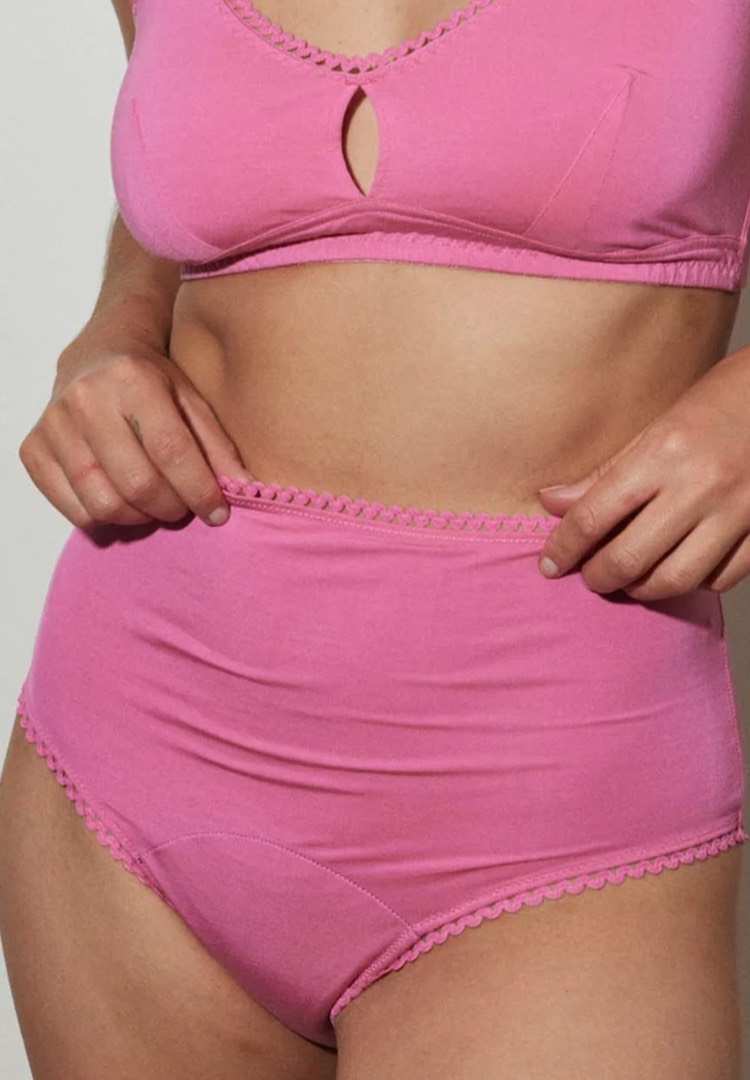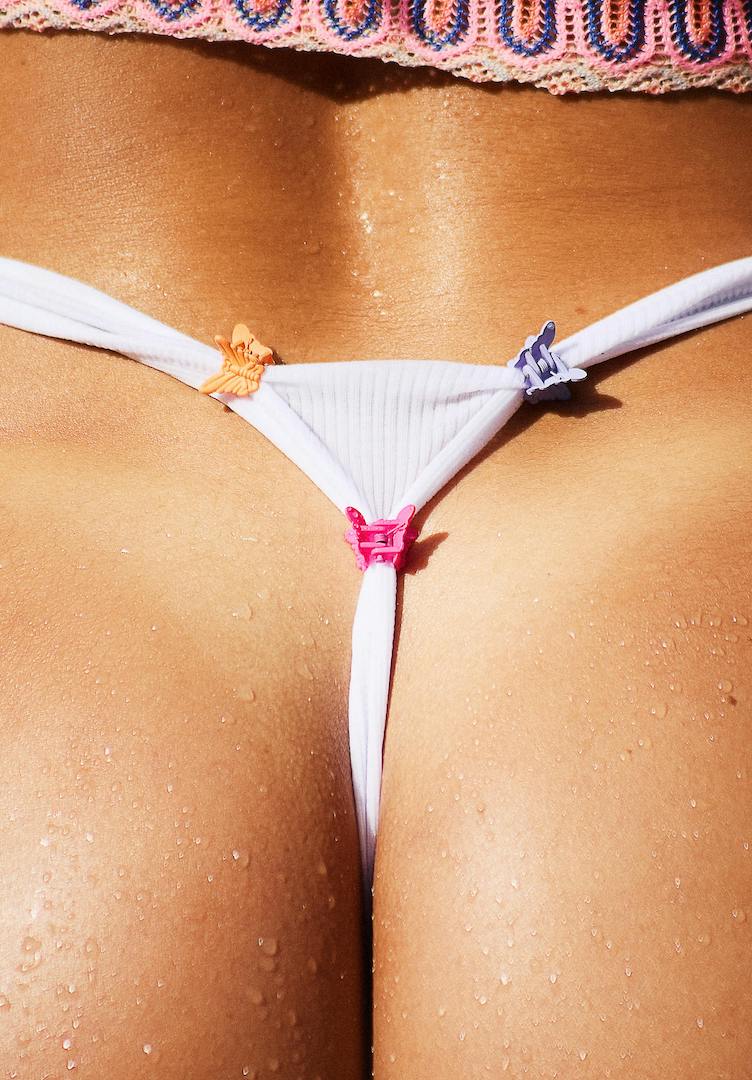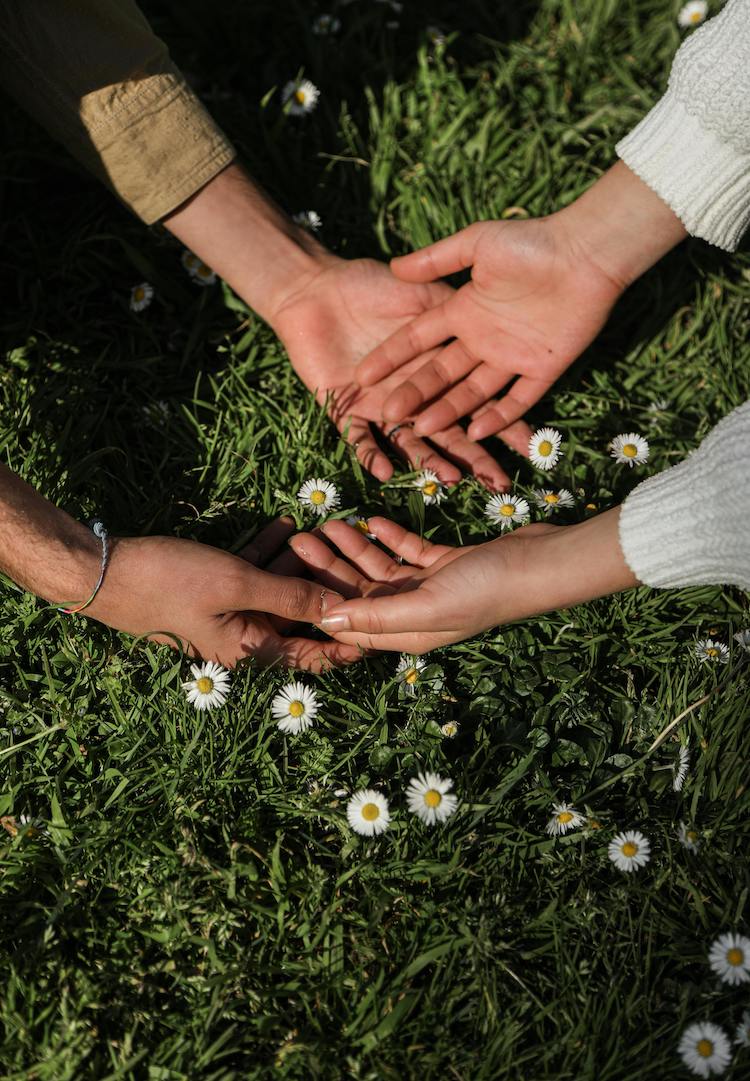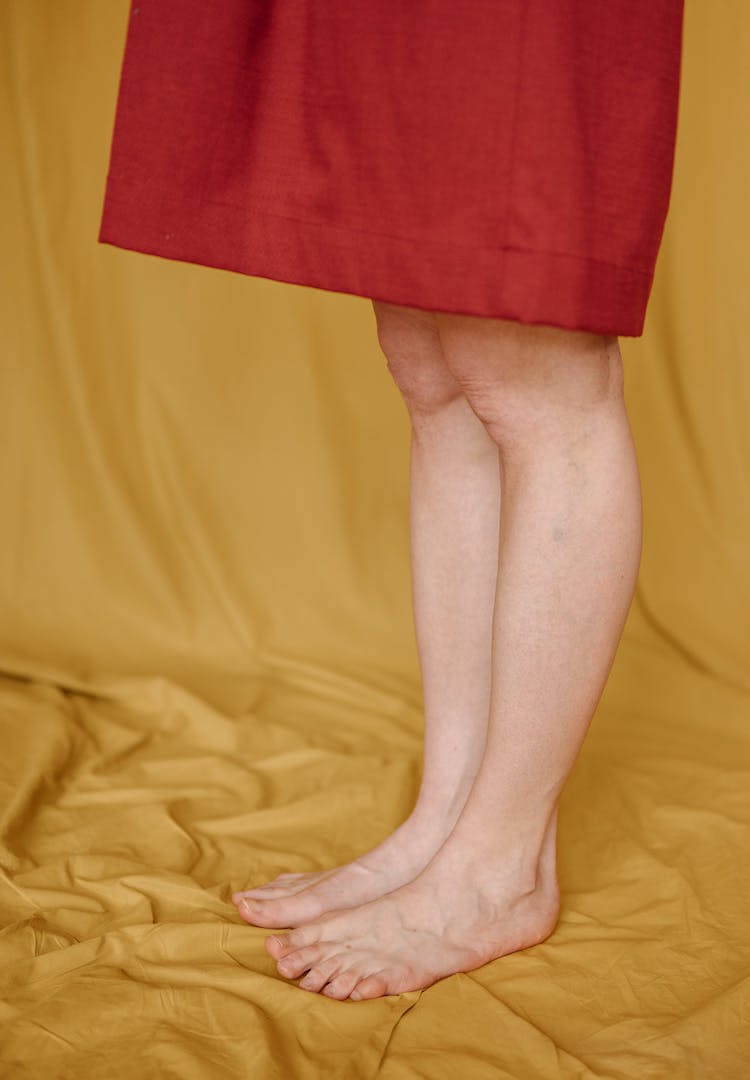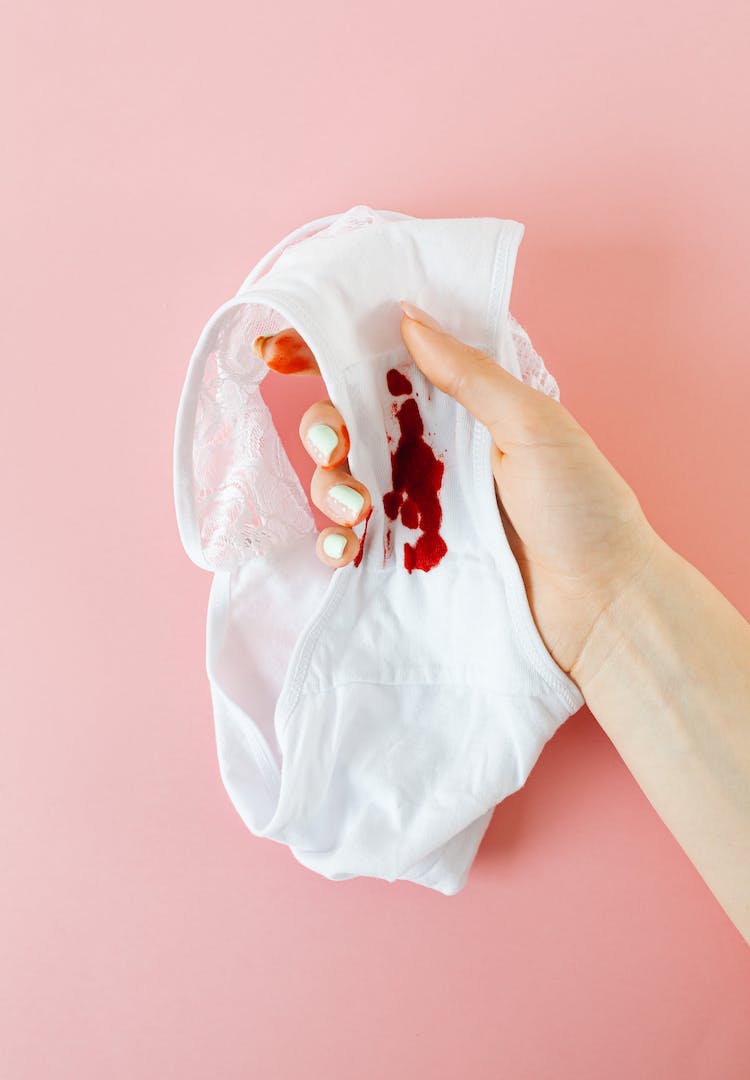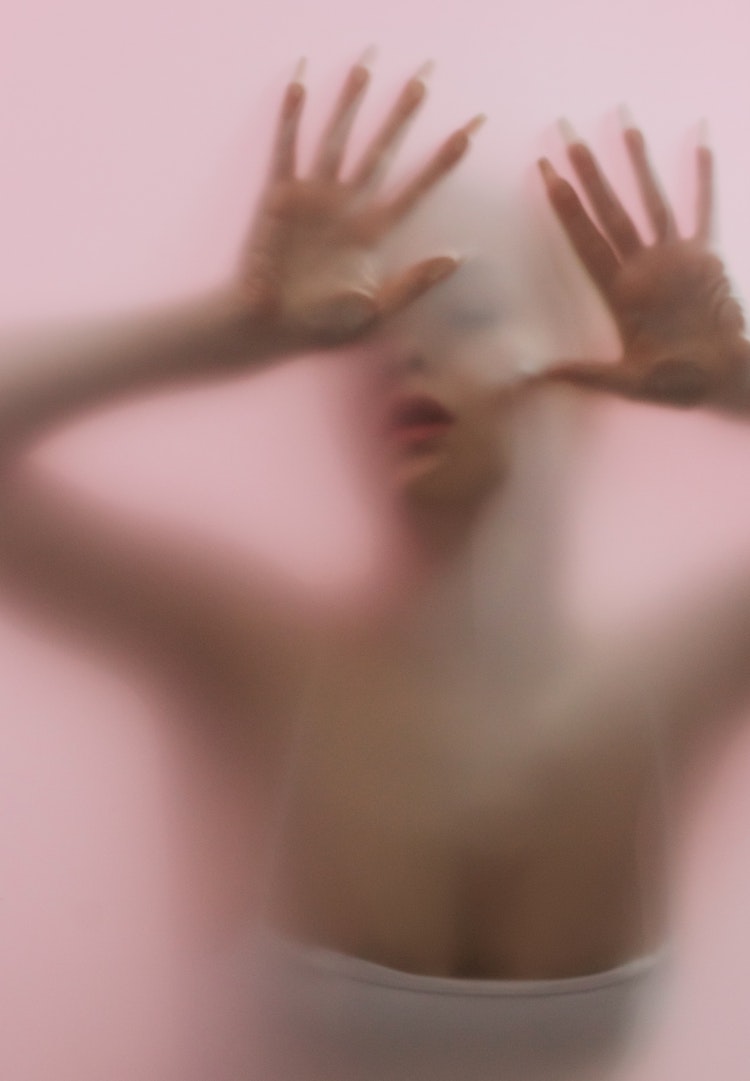I can’t imagine life without my Modibodi period underwear
WORDS BY JASMINE WALLIS
Periods are getting progressive.
At first, period underwear seemed like a rarity. Almost no one I knew owned a pair and I thought it was a very alternative (i.e. hippy) way to deal with your period. It sounded messy and hard to clean and too much work, and my organic tampons were treating me just fine, thank you very much.
- Period underwear is always made up of at least three layers – the knitted inner layer that’s next to the skin and wicks moisture away from the body, a super absorbent middle layer and a water-impermeable outer layer
- Depending on your choice of brand, your period underwear could be made up of synthetic fibres, merino wool, bamboo or cotton
But after seeing influencers of all sizes, races and content niches sharing period underwear on their feeds, I took the plunge and now I can’t imagine living without my reusable options, particularly my Modibodi period-proof underwear.
Looking for some similarly thought-provoking reads? Subscribe here and we’ll send them straight to your inbox.
With Australian menstrual brands like Moxie and TOM also getting in on the reusable action, people who have a period can choose from more sustainable products than ever before.
Bye-bye, period plastics
The days of crinkling wrappers in bathroom stalls and sneaky bin drops (which warrants a whole other article on period shame) are slowly coming to an end.
And that’s a good thing. The average Australian who menstruates will dispose of roughly 10,000 to 12,000 disposable period products in their lifetime. With these plastic items taking a few hundred years to break down, it’s a scary thought for anyone who is aware of human’s environmental impact on the planet.
Over the course of the last decade with the rise of green consumerism and awareness around sustainability, reusable period products have not only been creating a new way to deal with your menstrual cycle but have also been at the forefront of the body positivity space and the eco-conscious movement.
Progressive branding
With brands like Modibodi depicting red blood in their advertisements and Canadian menstrual care company My Luteal’s latest campaign People Have Periods being gender inclusive, there’s no denying that this newfound period visibility is a far cry from the clinical adverts of yesteryear showing a white woman pouring blue ink onto a pad.
Slow fashion writer and influencer Maggie Zhou is one of those who are sharing body-positive ads to market reusable period options to her followers.
“I think my audience is very eco-conscious and like me, are always on the lookout for sustainable switches,” Maggie tells me.
Posting images standing in front of her camera, underarm hair on display while holding a piece of cardboard stating ‘Choose to Reuse’, it’s clear that the marketing for reusable period products is linking body positivity with eco-friendly choices.
“For people who menstruate, switching to reusables can be a consistent, monthly pledge to bettering the environment. Billions of menstrual disposables end up in landfill annually and for those who can, making the change can be a small step in reducing this excessive waste,” explains Maggie.
Another reason why she enjoys working with reusable period brands such as Modibodi is the inclusivity of the space, but she acknowledges there is still a ways to go.
“The crux of the products champion sustainability, however, gender assumptions and ableism are something still present. For instance, I take notice of whether a brand uses inclusive, non-gendered language,” Maggie tells me.
Redefining period care
One reusable menstrual product brand that’s championing taboo-breaking and inclusive conversations is Scarlet.
The brand’s co-founder, Ashleigh Hipwood, first came up with the idea for the menstrual cup brand four years ago, and the brand officially launched in September last year.
Featuring blogs on how to understand endometriosis and the cycle routines of prominent Australian influencers such as Flex Mami, dancer Vanessa Marian and more, Scarlet aims to be environmentally friendly, as well as helping make every period-haver feel empowered throughout their cycle.
“Period products are a form of self-expression – whether you’re a cup user, period undies wearer or prefer tampons. Ultimately, period products are changing the way we understand ourselves and relate to one another,” says Ashleigh.
“We hope to empower our community to foster a more positive relationship with their cycles and period routines and most importantly, speak up about them. This for us begins with creating period products people can feel good about and look forward to using every month.”
With a bio stating ‘The new period brand for a new kind of period’, it’s clear that modern, reusable period products like Scarlet’s menstrual cup are not just helping people when on their cycle but are trying to change the language around how we speak and feel about that time of the month.
“We’ve never been made to feel good about our periods or even talk about them, until now,” says Ashleigh.
“We think period products can be as exciting as the beauty brands that behold our bathroom shelves. Scarlet products have been designed to be as inspiring, as inclusive and as bold as many of the cult beauty brands we buy each month.”
With the period market being worth approximately $19 billion AUD, the power their advertisements have is huge and like many taboos that surround women’s health, the more these brands and influencers speak out, the more honest conversations about body positivity and sustainability are had.
Thanks to the diverse and inclusive marketing of menstrual cups like Scarlet and the innovative period underwear brands like Modibodi have introduced, I no longer think of these products as odd. In fact, I think they’re pretty progressive.
To find out more about how period underwear actually works, head here for a rundown on the science behind the panties.

